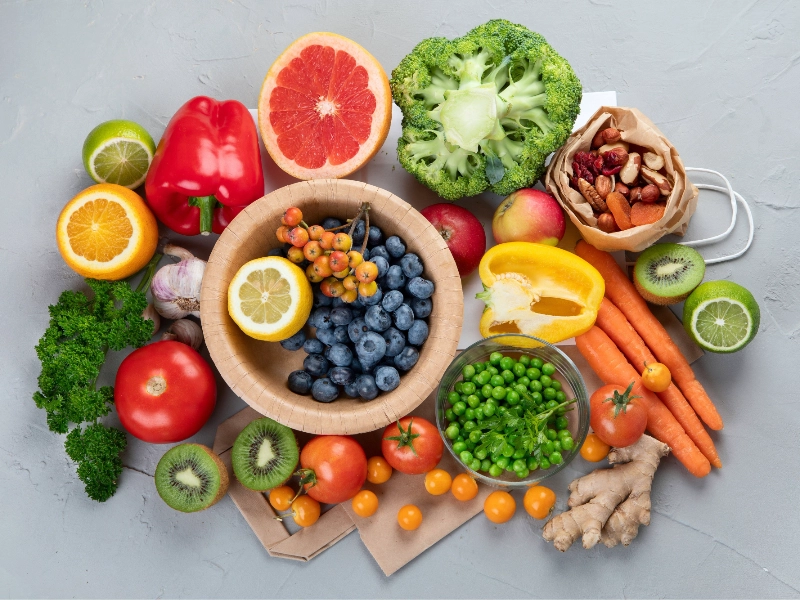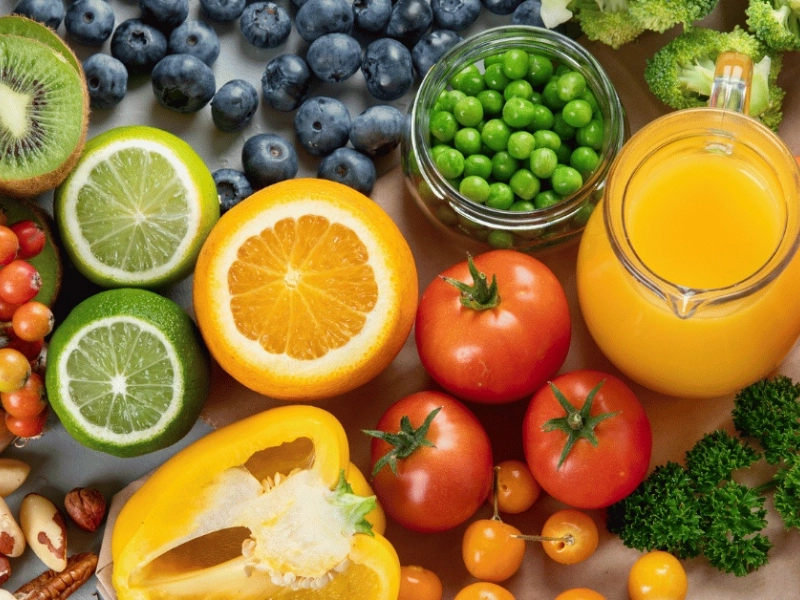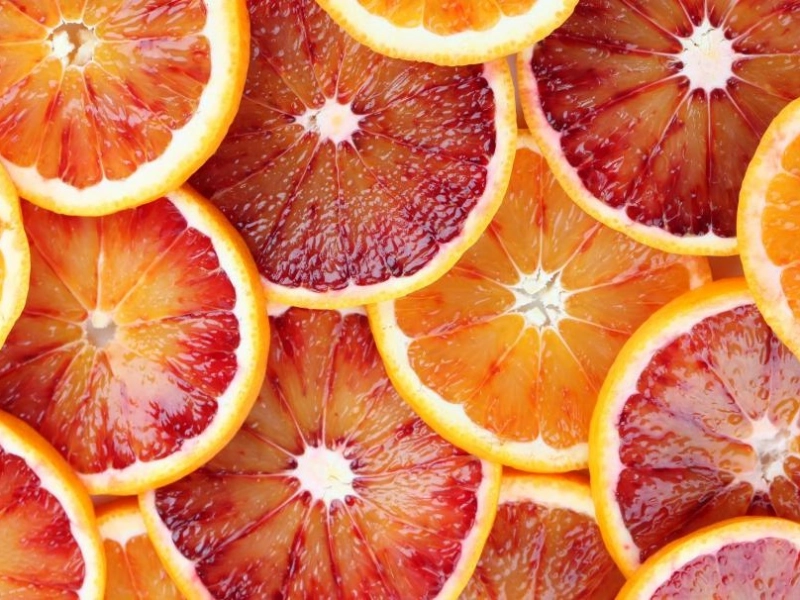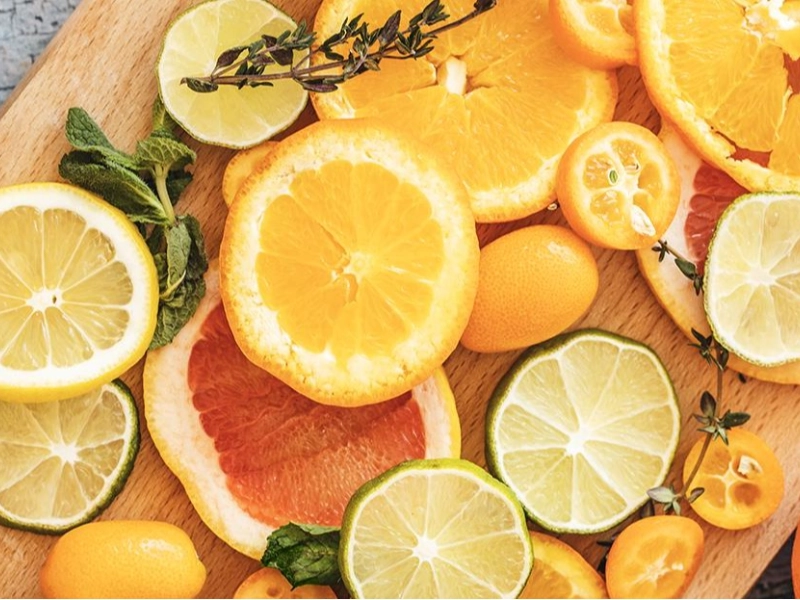Although vitamin C's strong antioxidant qualities are well known, its advantages are much amplified when taken in concert with other antioxidants. Improved health results like higher immune function, better skin health, and lower risk of chronic diseases can follow from this combination. Knowing how vitamin C interacts with other antioxidants will help you maximise your diet for best health advantages.

Compounds called antioxidants assist the body's free radicals—unstable chemicals that might generate oxidative stress and damage cells—neutralize themselves. Among the several health problems connected to oxidative stress include ageing, cancer, and heart disease. Being a water-soluble antioxidant, vitamin C is rather important in shielding tissues from oxidative damage. Combining other antioxidants, such vitamin E, selenium, and flavonoids, however, increases its potency. Working together, antioxidants can renew one another and increase their general potency. After free radicals have been neutralised, for example, vitamin C can assist replenish vitamin E thereby enabling vitamin E to remain in its protective action in cell membranes. Along with increasing the body's antioxidant capacity, this cooperative effort supports general health and wellness.

Often working in concert to offer increased resistance to oxidative stress are vitamins C and E. Mostly found in cell membranes where it acts as a fat-soluble antioxidant to guard against lipid peroxidation, vitamin E Vitamin E gets oxidised and less efficient when it neutralises free radicals. This is where vitamin C helps; it can rejuvenate vitamin E, so restoring its antioxidant power. Studies have found that these two vitamins taken together can help to boost immunological response, skin condition, and lower inflammation. Studies show, for example, that those who eat both vitamins have more youthful looks because they have higher skin moisture and suppleness. Including foods high in both vitamin C and E, like citrus fruits, nuts, seeds, and green leafy vegetables, can help you maximise the advantages of this dynamic team.

Another set of antioxidants that might boost the benefits of vitamin C are flavonoids. Found in many fruits, vegetables, tea, and red wine, flavonoids have anti-inflammatory and antioxidant effects. Flavonoids increase the absorption and bioavailability of vitamin C when taken with them, therefore enhancing its effectiveness in reducing oxidative stress. Moreover, the mix of vitamin C and flavonoids can offer synergistic actions improving cardiovascular condition. Research indicates that this mix might lower blood pressure, increase blood flow, and minimise the risk of heart disease by means of which it helps Berries, citrus fruits, apples, and dark chocolate are among foods heavy in both vitamin C and flavonoids. Including these foods into your diet will help you to maximise the advantages of both antioxidants.

A trace mineral, seenium acts as an antioxidant and along with vitamin C guards against oxidative damage. Several antioxidant enzymes, including glutathione peroxidase, which helps neutralise damaging free radicals, depend on it in some capacity. Selenium can improve the body's whole antioxidant defence system when taken in concert with vitamin C. Studies show that along with vitamin C, enough selenium intake might boost immune system and lower chronic illness risk. Particularly in populations with low selenium levels, this mix has been investigated for its preventive properties against cancer. Brazil nuts, shellfish, eggs, and whole grains are among good dietary sources of selenium. Ensuring enough consumption of both selenium and vitamin C will help your body fight oxidative stress.
Another antioxidant that acts in concert with vitamin C is coenzyme Q10 (CoQ10). It is essential for energy generation in cells and also serves to guard against oxidative damage. CoQ10 can boost general cellular health by regenerating vitamin C and hence increase its antioxidant capacity. Given both antioxidants improve cardiovascular function, combining vitamin C with CoQ10 could have extra advantages for heart health. According to several research, this combo can lower oxidative stress and enhance blood vessel performance—qualities absolutely vital for preserving heart health. Foods heavy in CoQ10 include whole grains, organ meats, and fatty fish. Including these items with fruits and vegetables high in vitamin C will help maximise your antioxidant consumption for improved health results.
Including a range of antioxidant-rich foods in your diet will help you to completely profit from the synergistic effects of vitamin C and other antioxidants. Try for a vibrantly coloured dish loaded with fruits and vegetables since various colours usually imply different kinds of antioxidants. Basics in your meals should be citrus fruits, berries, leafy greens, nuts, seeds, and whole grains. For a cool and nutrient-dense beverage, think about smoothies loaded with berries, spinach, and a little citrous juice. A great approach to increase your antioxidant intake is to have salads topped with colourful veggies and almonds. Remember also to add healthy fats, such avocado and olive oil, which will aid in the absorption of fat-soluble antioxidants such vitamin E. Diverse eating can help you to maximise the advantages of vitamin C and its supporting partners for best health.